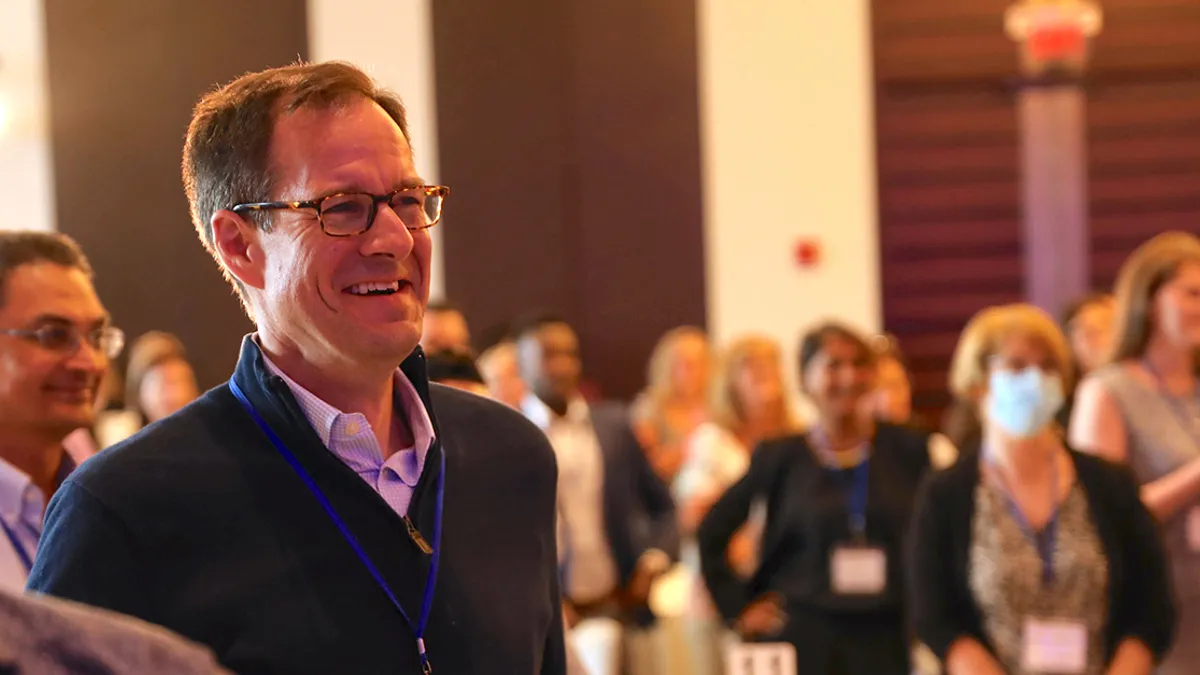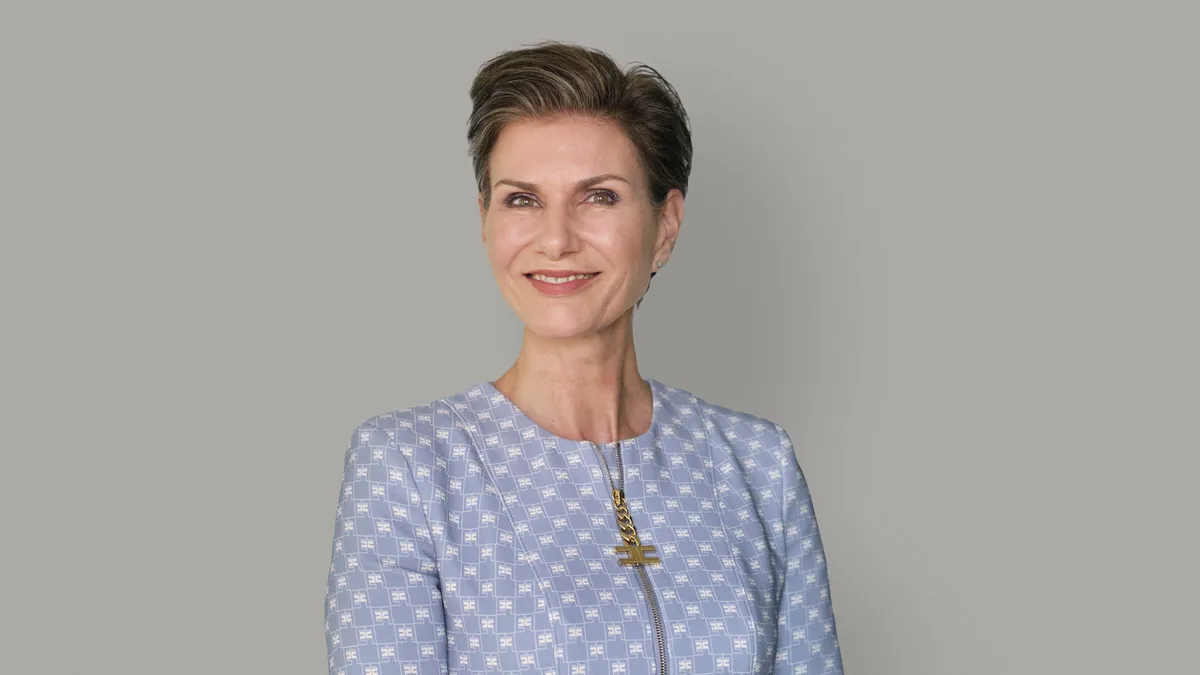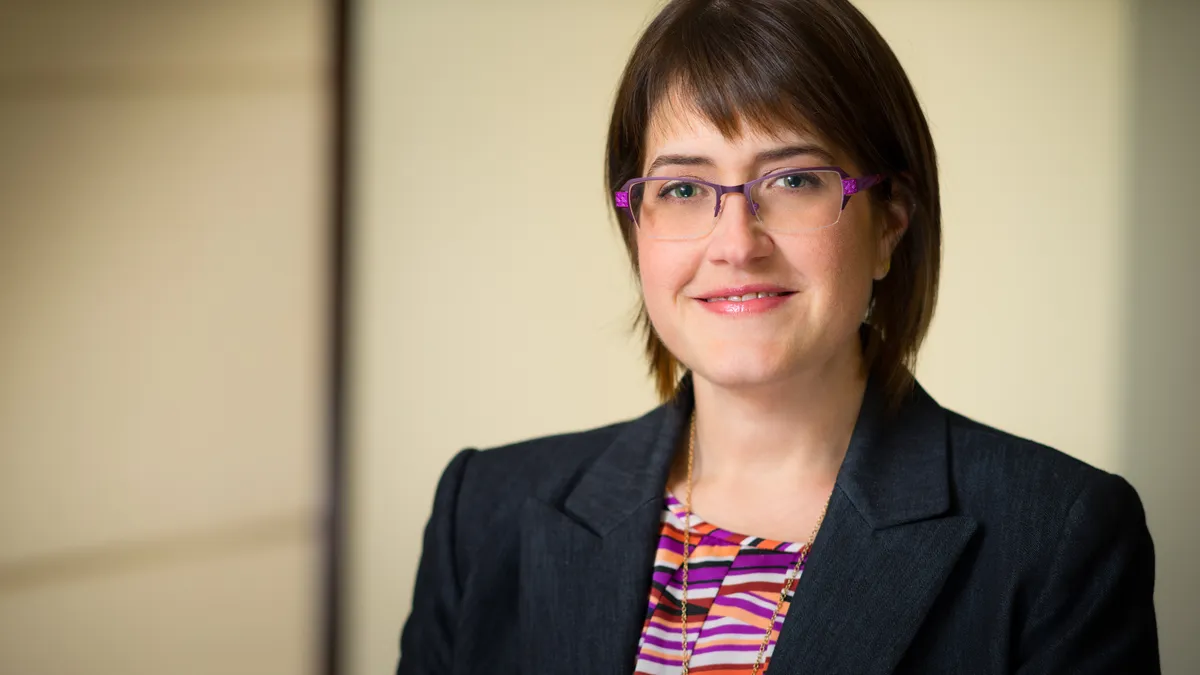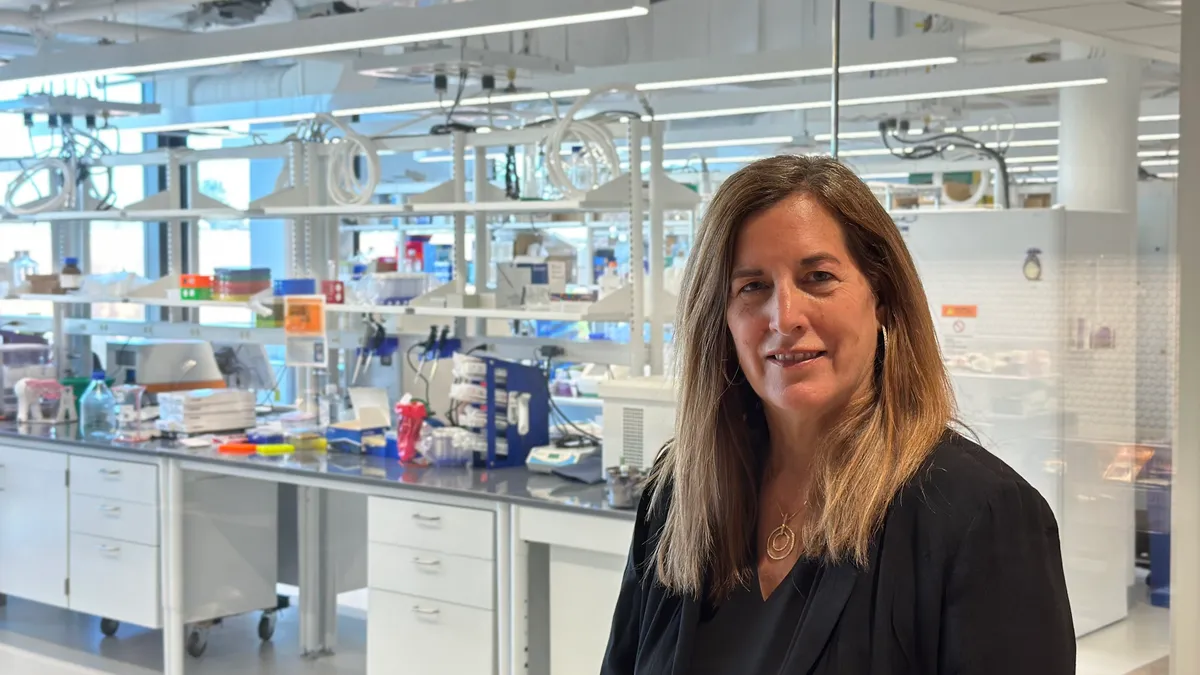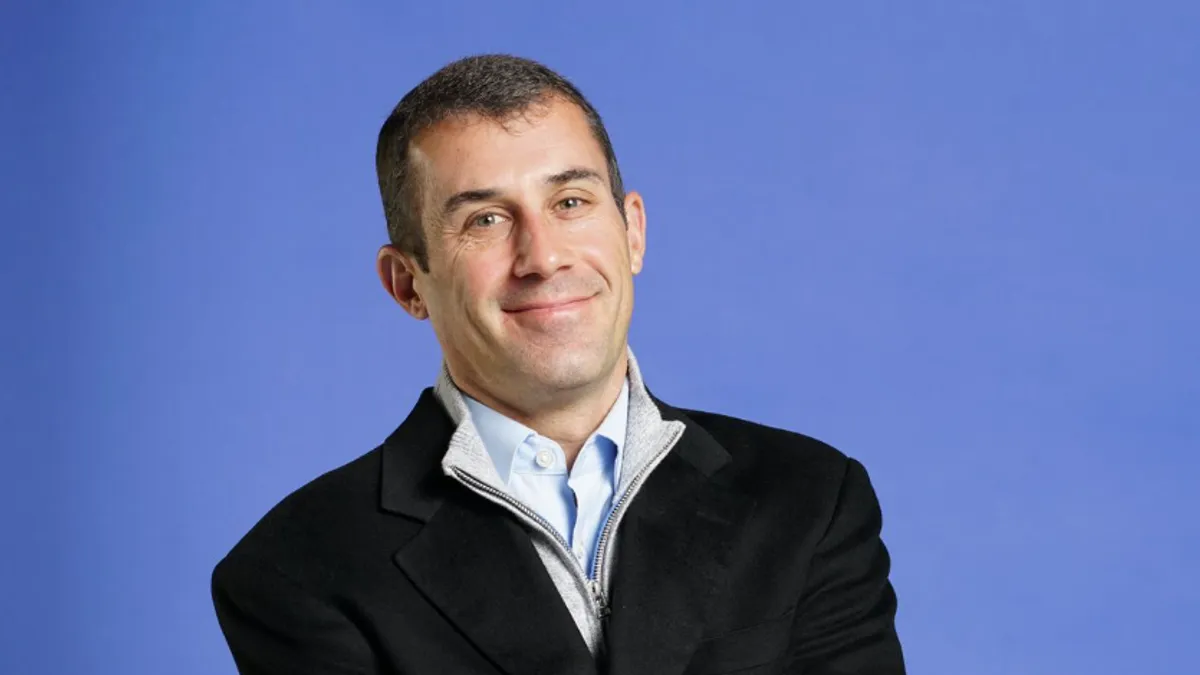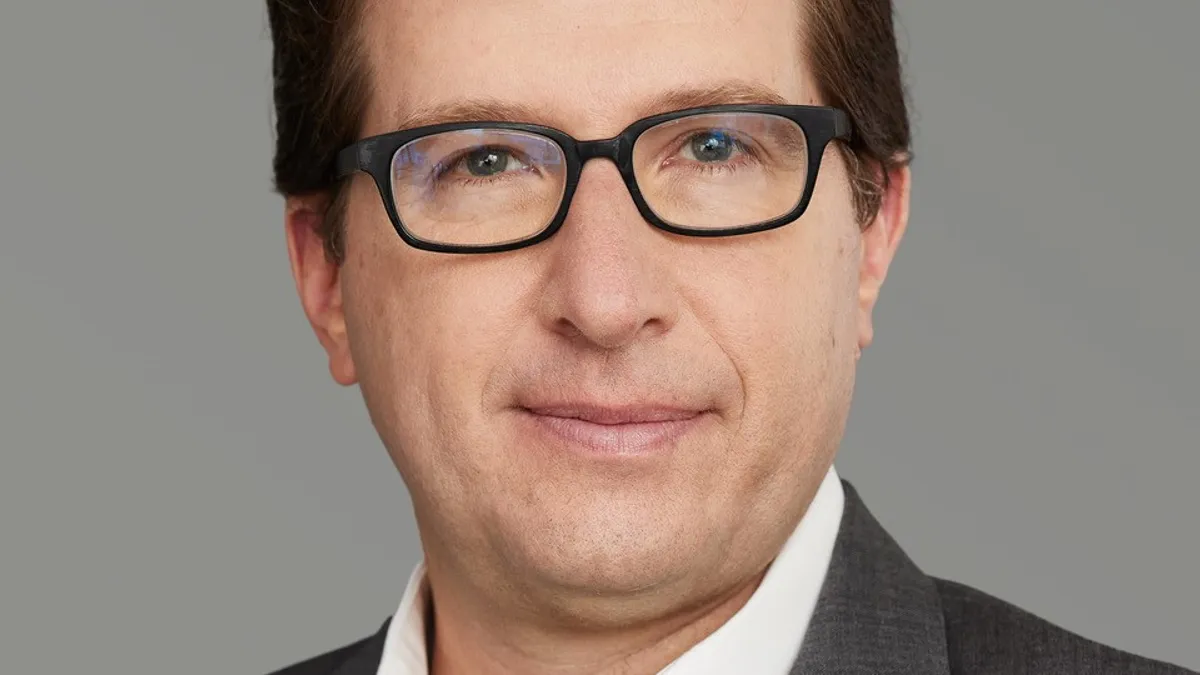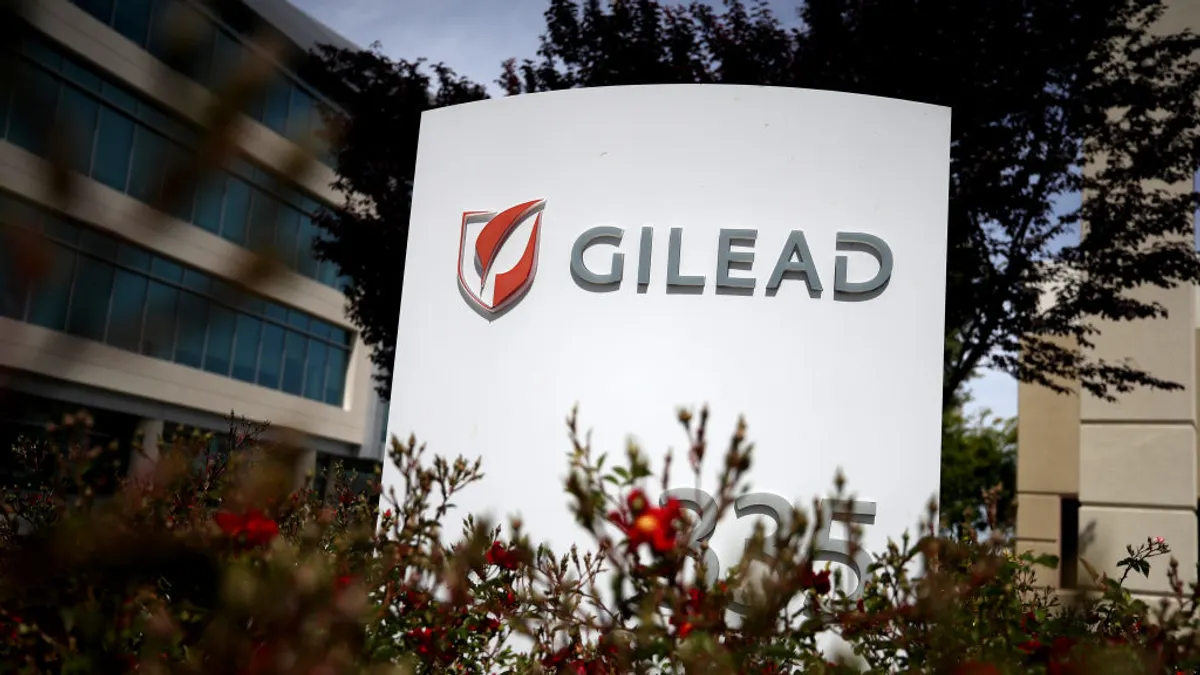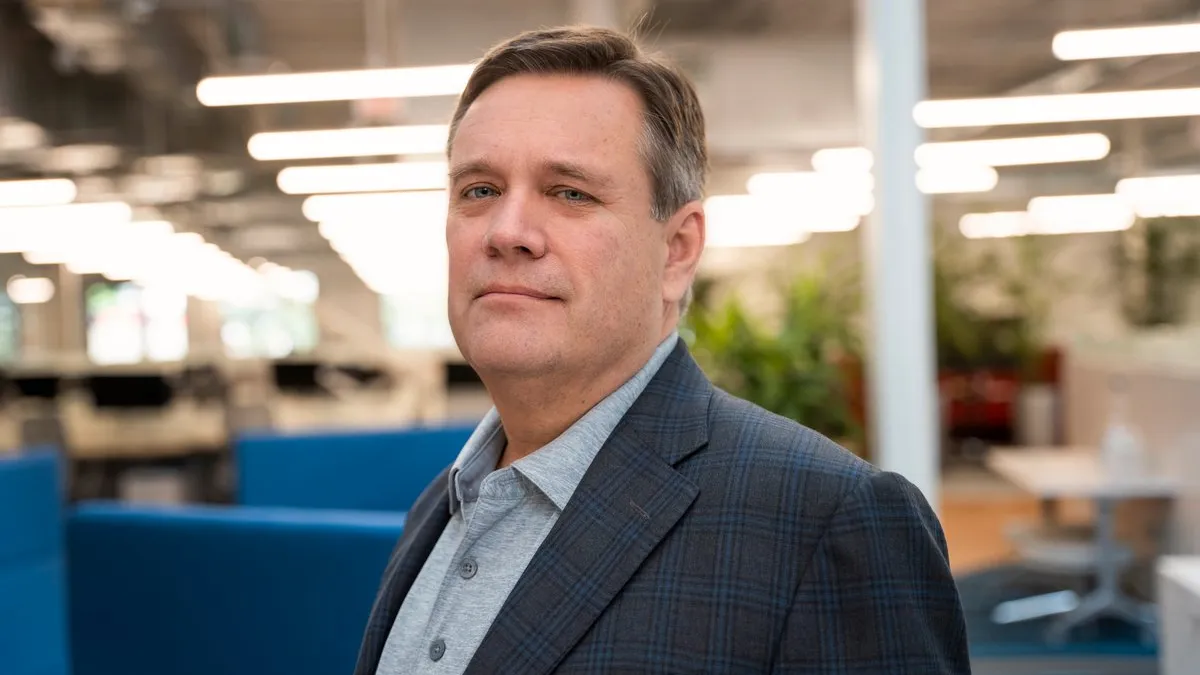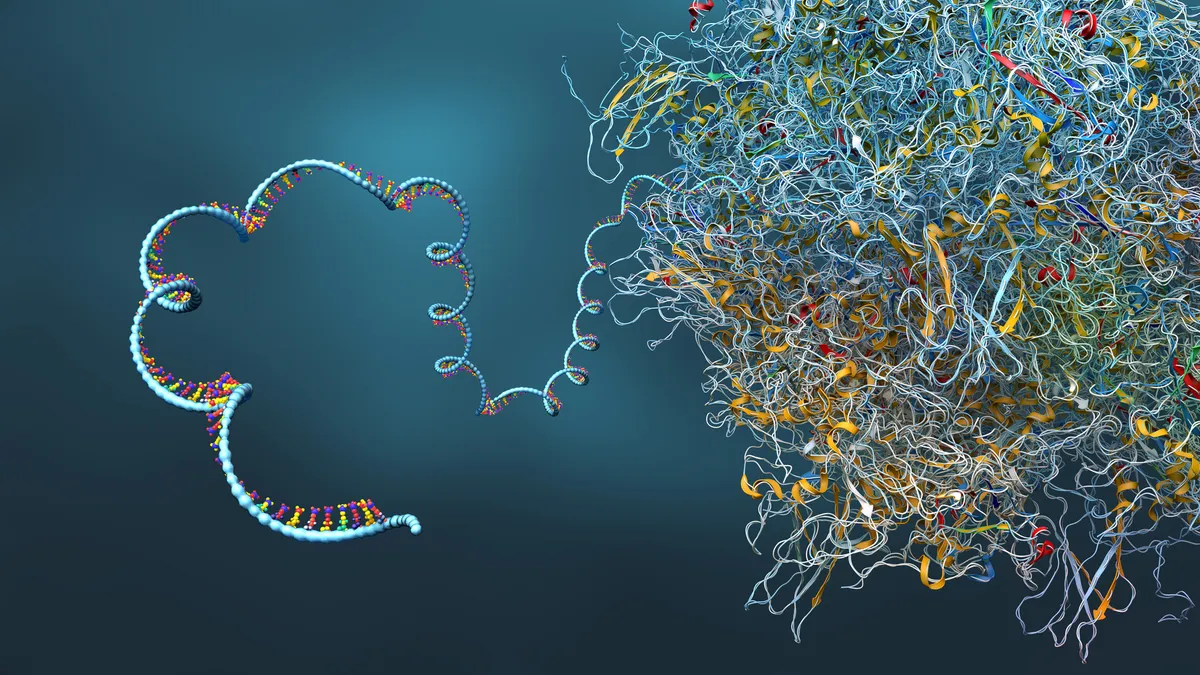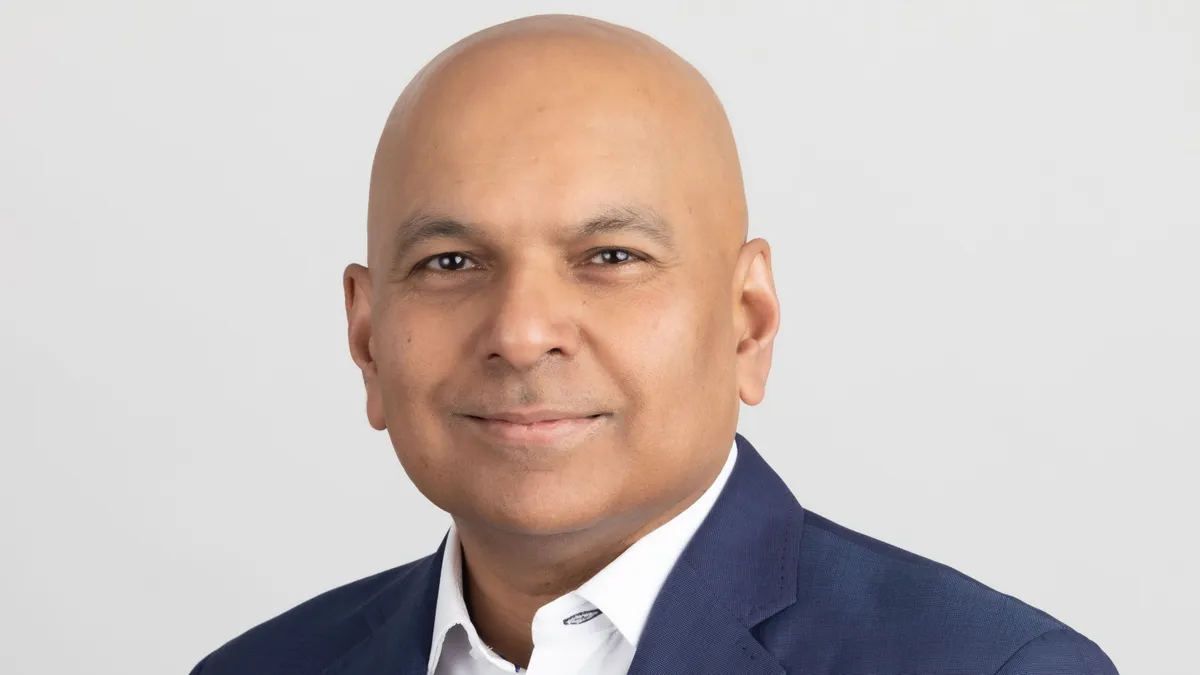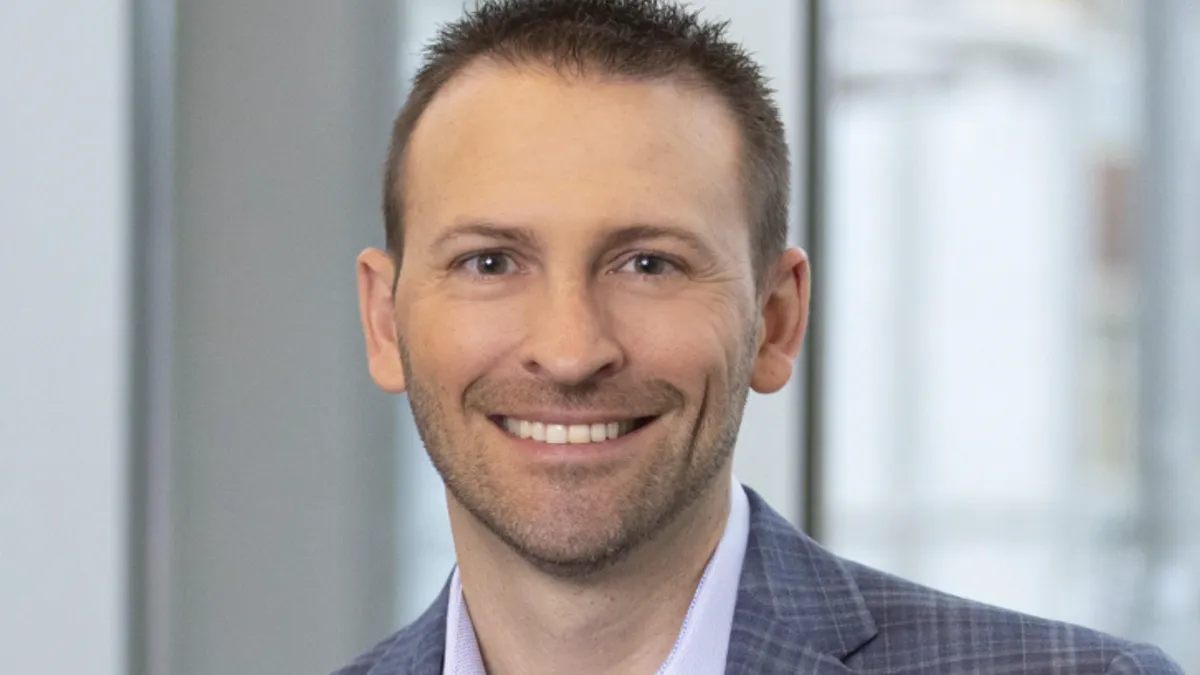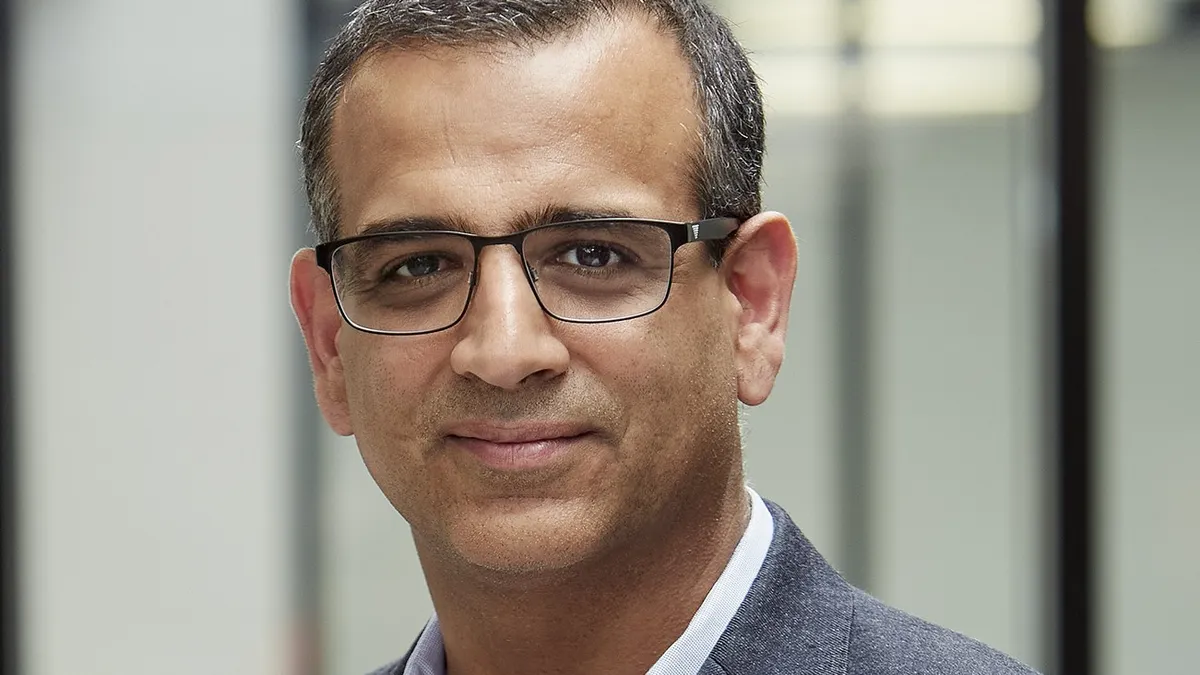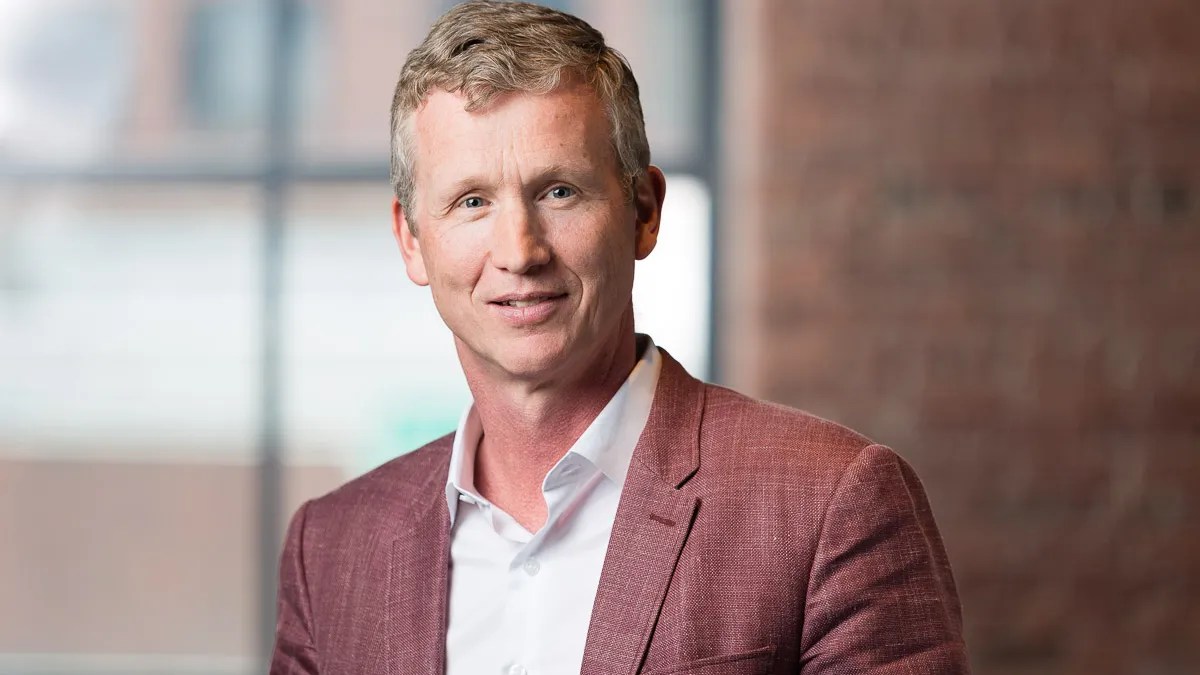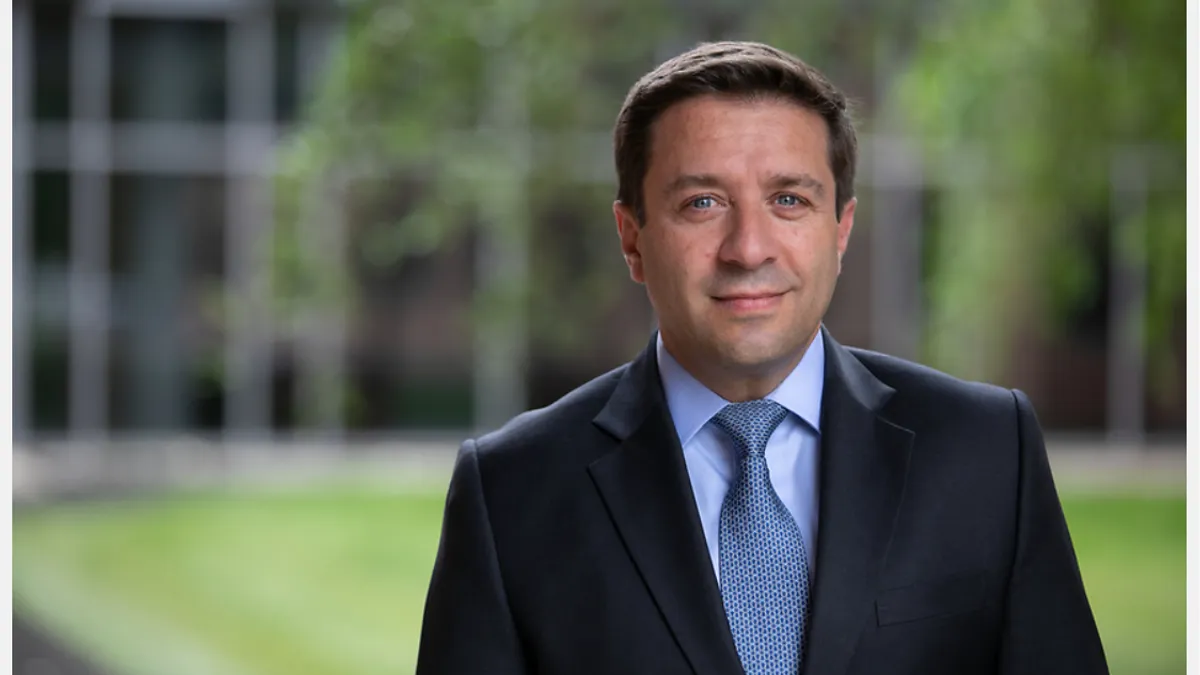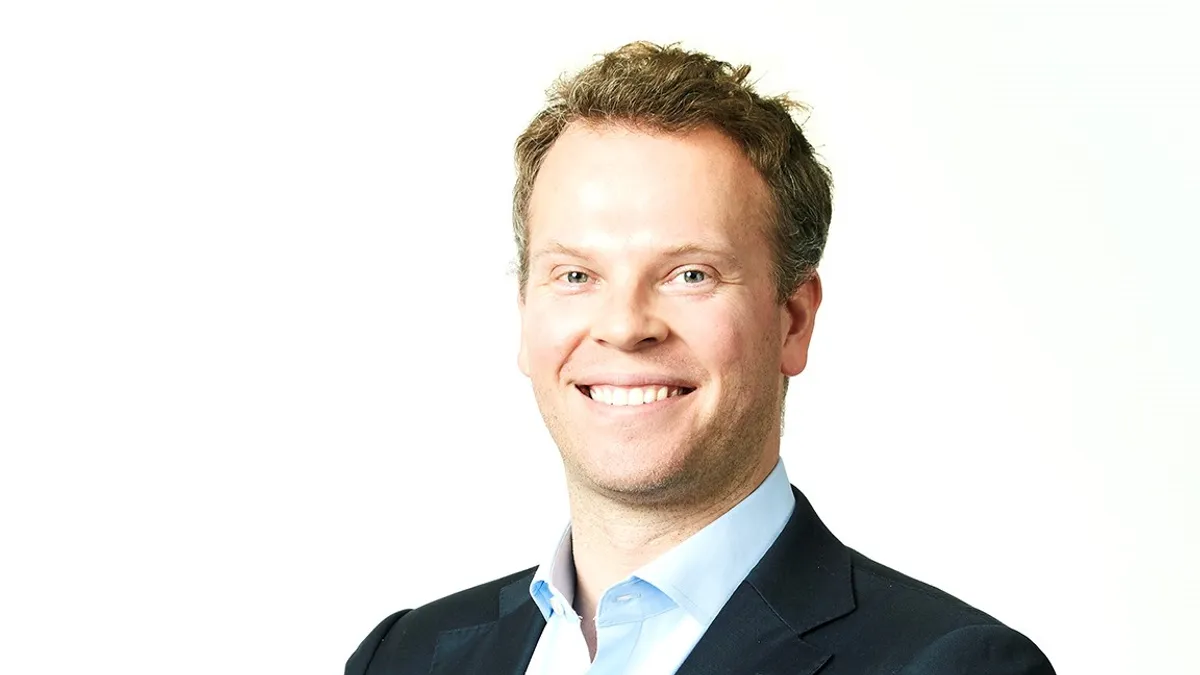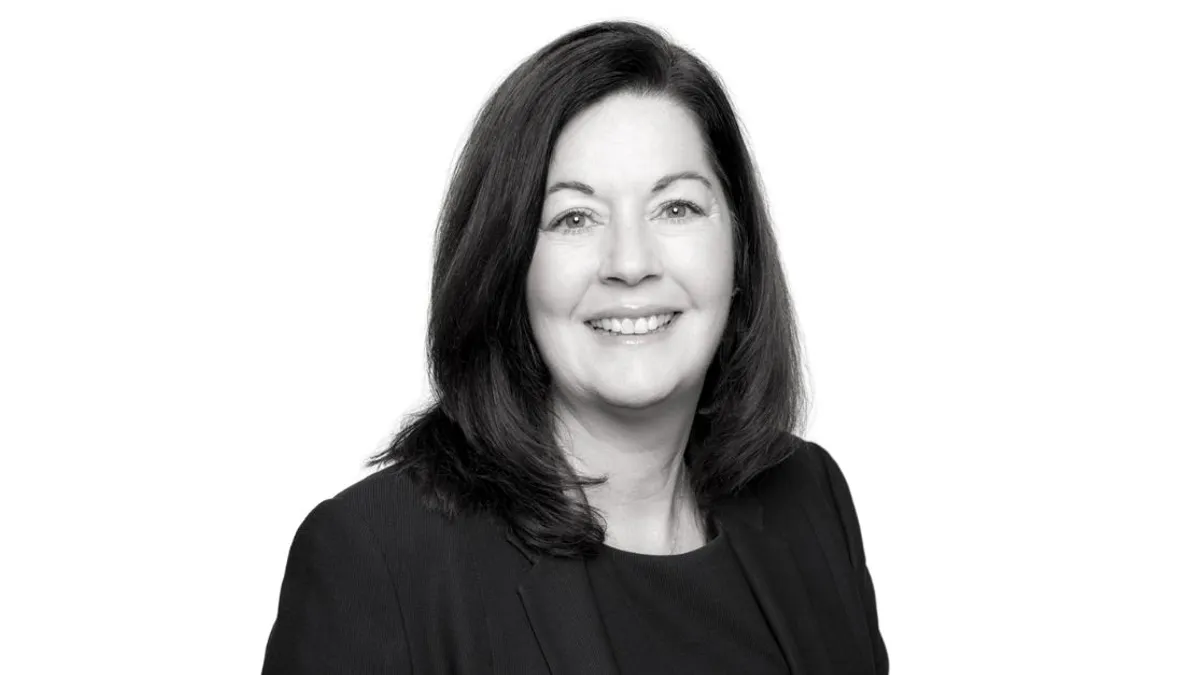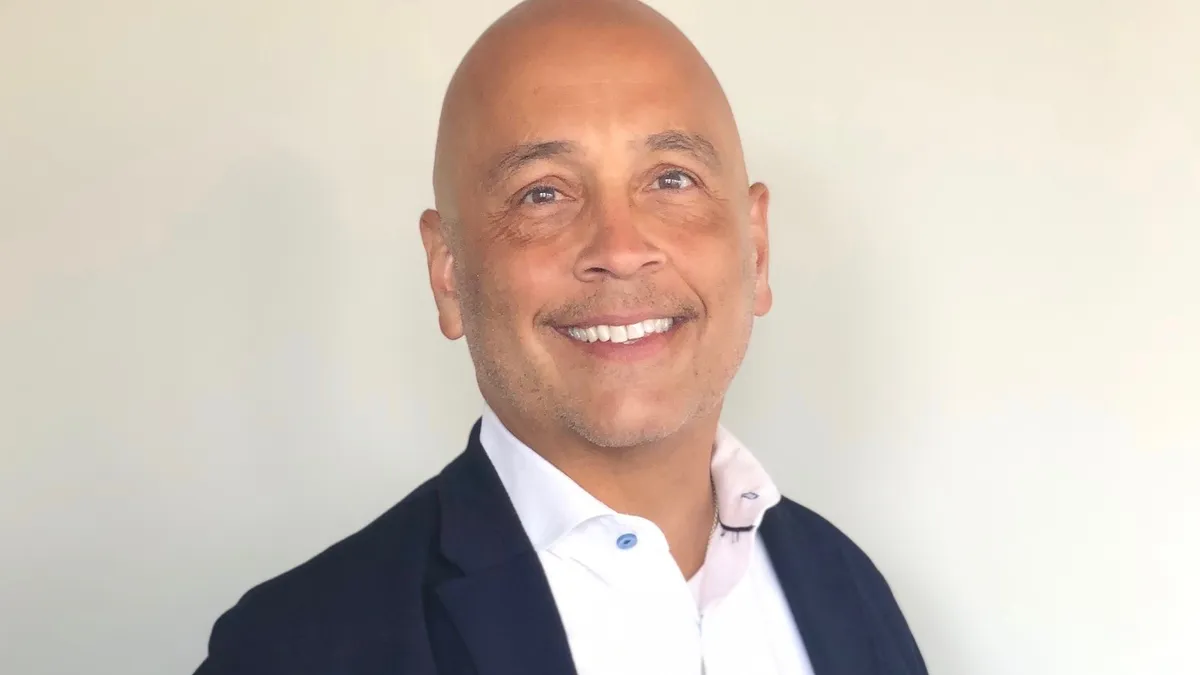Welcome to First 90 Days, a series dedicated to examining how pharma executives and other leaders are planning for success in their new roles. Today, we’re speaking to Alicia Zhou, CEO of the Cancer Research Institute.
Less than a month into her role as CEO of the nonprofit Cancer Research Institute, Alicia Zhou has some big ideas for the future of the organization.
The CRI has funded cutting-edge oncology research, primarily in the field of immunotherapy, since 1953, when the approach was considered experimental and unorthodox. Cut to present day and immuno-oncology has become a major pillar in cancer treatment and research, resulting in some of the world’s biggest blockbusters.
And Zhou sees more opportunities for evolution in the field, as well as CRI’s role in encouraging and establishing routes of partnership between the many stakeholders in drug development. One way Zhou, who is CRI’s first new CEO in more than 30 years, is looking to update the nonprofit’s model is by taking a page out of Silicon Valley’s book.
"What Silicon Valley does well is bring together expertise from very different areas to solve a single problem. And with basic cancer research becoming more data-driven, that’s important."

Alicia Zhou
CEO, Cancer Research Institute
For instance, when the CRI doles out grants for academic research — like the Star Award that offers $1.25 million for an investigator over five years — the support is aimed at an individual’s talent in the field rather than specific projects. Zhou, who worked in leadership at a healthcare startup before taking the reins at CRI, sees an opportunity to bring a talent-based model to cancer research.
“What’s interesting about that model is it reminds me of the way that in Silicon Valley, which is where I come from, the old adage is, ‘invest in founders, not the company,’” Zhou said. “We’re investing in these scientists, not necessarily their project, and that’s quite different from the way anybody else funds.”
Under Zhou’s leadership, CRI will focus on data-driven research efforts that require collaboration across the board, from pharma to government to nonprofits and academics.
Here, Zhou explains the vision she brings to CRI, how she plans to allay the “fragmentation” happening within cancer research and where the walls can be broken down so scientists and the industry can create a more cohesive, data-driven effort toward cancer cures.
This interview has been edited for brevity and style.
PHARMAVOICE: You’re succeeding Jill O’Donnell-Tormey, who led CRI for more than 30 years. How do you plan to keep her vision alive while bringing your own experience to the role, especially with the cancer field evolving so rapidly?
ALICIA ZHOU: I have really big shoes to fill. One of the things that attracted me to the CRI is the fact that it has such a longstanding legacy of supporting some of the best scientists in the field of immunotherapy research.
What I have in front of me is to ask, what is the next evolution for CRI? How do we broaden our reach and our influence? I love to think about how a nonprofit can change the landscape of research by potentially investing in and building data-driven research assets. As a newcomer, I’m seeing that the science that’s happening is becoming more fragmented. Folks are pulling off little pieces of the pie and saying, OK, we’re going to treat this particular cancer, these types of patients with this particular kind of molecular genotype. If you’re a patient, you want to be treated holistically to determine the treatments you should consider. I would love for CRI to actually play a role in defragmenting the space a bit and bringing people together to discuss how to treat the whole patient and not just a specific part of their tumor.
How do you plan to tackle that defragmentation effort?
Nonprofits are uniquely positioned to convene players for these kinds of conversations. Pharma companies have to be driven by what is going to drive revenue, and there’s nothing wrong with that — but it makes sense that they become very focused on where they believe their portfolio is going to be the strongest. At a nonprofit, we’re not looking for the success of a single agent or a single pathway, and we can drive toward the broader mission of bringing immunotherapy to every cancer. With that in mind, we can contemplate collaborations and partnerships across the for-profit and nonprofit space.
In immunotherapy, we have this problem right now where all the data is fragmented, so we have different patients who have undergone different types of immunotherapy treatment — information like what the tumor microenvironment looks like before they receive treatment, during treatment, after treatment, who responded, who didn’t, who developed resistance. We know that the answer to why that happens is probably somewhere in the data, and something that CRI could do is bring all that together. That's something that a for-profit entity wouldn't want to spend the time or funding on, but could be something that a nonprofit entity could really move the field forward with.
You mentioned taking lessons from Silicon Valley. What are some aspects you would bring in from that world, and which ones wouldn’t translate as well?
What's interesting about having worked in the Silicon Valley environment is the fundamental ways we've tackled the problems. When you're in a large incumbent organization, there's a sense of, this is just how things are done. But a startup can ask the question, why are they done that way? I like that way of questioning. What Silicon Valley does well is bring together expertise from very different areas to solve a single problem. And with basic cancer research becoming more data-driven, that’s important. You’re never going to get a biologist to become a machine learning expert, and you’re never going to get a machine learning expert to become a biology expert. So you want to figure out how to bring those two to the table.
But there are limits. As a startup in consumer technology, the stakes are ultimately not that high — in healthcare, the stakes are much, much higher. So I think we can learn to move more quickly, but we also have to proceed more cautiously when it comes to any kind of new, disruptive technology. In healthcare, there’s less room to iterate and break things.
How can CRI build up the influence to foster further collaboration within the industry?
At the end of the day, we have to demonstrate our unique value to every stakeholder in the space. Pharma companies, academic centers, donors. I’ve taken on this role because I believe CRI has the potential to do that, and to do it, we have to be more collaborative and think of new models for partnerships.
All scientists are in pursuit of the exact same thing, regardless of where they sit, and that’s discovery toward a cure. And that’s whether you’re on the academia side or on the industry side. There has got to be a model that allows pharma scientists to collaborate with academics that doesn’t destroy their ability to have proprietary IP but still allows everyone to move forward. If you can open that door and have that conversation, you’d be surprised how many pharma-based scientists have all sorts of ideas, and I’m willing to start those conversations.









